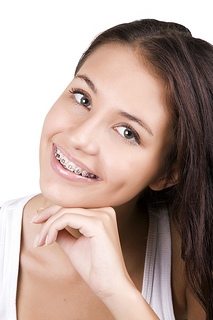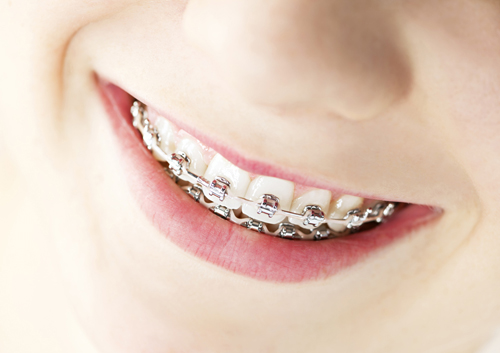Why is flossing so important when I have braces?
February 5th, 2020

You've made an investment on spending money on getting braces, so why not keep your teeth in good health while undergoing orthodontic treatment? Dr. Syrah Quraishi and our team at Premier Orthodontics will tell you it is just as important to develop a regular hygiene routine while you're wearing braces as you did before proceeding with treatment.
Flossing is essential to the health of your teeth and gums when you're wearing braces. Because braces may hold food, sugars and liquids upon eating, it is very important to keep on top of your brushing and flossing, as well as visiting our office for regular adjustments.
While we know it's tough enough to get kids to floss daily without braces, that battle becomes even tougher when braces are involved. Remember that by not flossing, you will become more prone to cavities and gum disease during your treatment.
When flossing, remember to gently massage your gums in between the teeth. You will find that flossing with braces takes extra time, as you will have to weave the floss through each bracket. When flossing, there should be no signs of blood. If you see blood, you are not flossing enough or properly.
Using an electric toothbrush is also a good idea to massage your gums before or after flossing as electric toothbrushes can help remove any harmful bacteria that are lingering in your mouth. And don't forget to add a mouthwash to your routine to break up any bacteria that has formed. A good mouthwash will help keep your teeth and gums in good shape during your treatment.
If you have any questions about flossing or your orthodontic treatment at Premier Orthodontics please don't hesitate to give us a call or during your next adjustment appointment!



 Website Powered by Sesame 24-7™
Website Powered by Sesame 24-7™